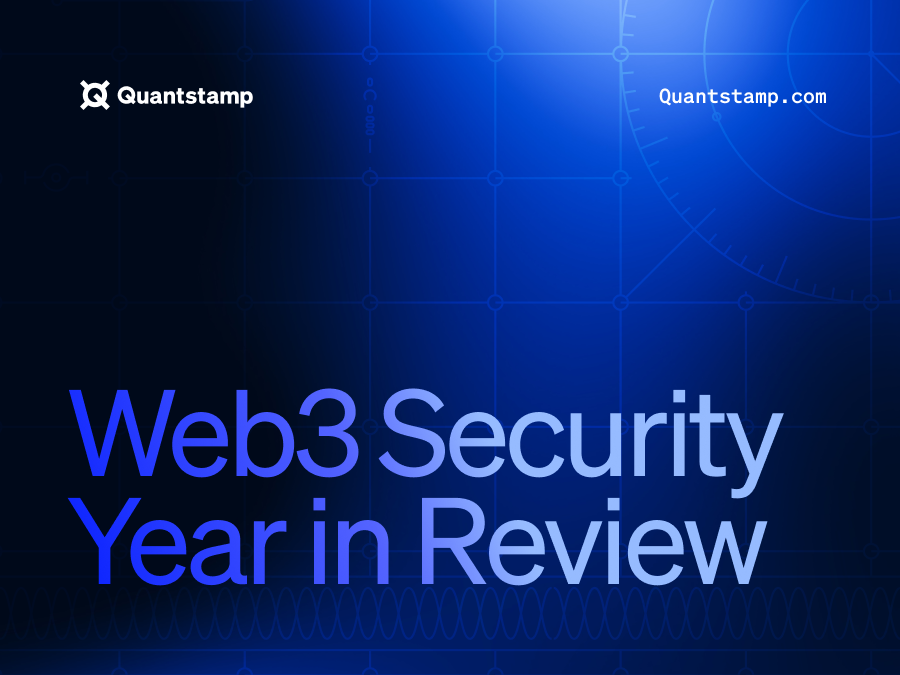From $646 million to nearly $14B in total value locked, the DeFi space has experienced incredible growth this year. As this occurs, we are also seeing a strong uptick in interest by institutional investors. The current dollars tied up in DeFi may be modest compared to the trillions of dollars in traditional, centralized finance, but seeing the evolution of DeFi over the past year has captured everyone’s attention—from yield farmers to family offices.
Growing Interest in Digital Assets
Earlier this year, a report by Fidelity Asset Management found that an incredible 80% of the institutions they surveyed—including financial advisors, hedge funds, and other foundations—have an interest in investing in digital assets. Overall, 36% of respondents say they are currently invested, with Bitcoin continuing to be the digital asset of choice. Cryptocurrency insurance firm Evertas surveyed US and UK institutional investors and found that 90% of those surveyed plan to increase their cryptocurrency investments.
Fidelity found that institutional investors value the lower transportation, transactions, and storage costs digital assets can offer in comparison to more traditional alternatives such as hedge funds or real estate. Historically, they have remained on the sidelines for a number of reasons, including lack of insurance, regulation and trusted custodians.
Over a billion dollars has been stolen from exchanges since 2012, highlighting the importance for these institutions to have a regulated and trusted partner to store their digital assets. Coinbase Custody is one solution offering custody for a range of institutional players including asset allocators, endowments, foundations, and pension funds. Being a trust company chartered by the New York Department of Financial Services—essentially a bank—gives institutional investors a familiar operating model, confidence in their security, and peace of mind that regulatory obligations are being met.
Cryptoasset insurer Evertas claims that while institutional investors are increasingly using Bitcoin to hedge against inflation and currency devaluation, they hold back due to a lack of insurance. However, as insurance, regulation and security have improved, institutions have begun investing more into digital assets.
Earlier this year, New York-based investment company Grayscale announced plans to increase the amount of Bitcoin and Ether in its digital large-cap mutual fund. The company’s investment line allows institutional investors to get exposure to several cryptocurrencies in a regulatory-compliant manner, and states there has been “consistent and significant growth in the demand for digital assets.” By mid November, the company had reached $10.8 billion in assets under management (AUM).
Platforms that cater to the needs of institutional investors are also cropping up. BitGo, a platform built for institutional investors, offers digital asset custody, trading, and finance to their 300+ institutional customers. They offer a multisignature bitcoin wallet service, where keys are divided among a number of owners to manage risk. This year, BitGo launched Prime Trading and Lending, as well as BitGo Portfolio and Tax, offering their clients a full-stack solution for their digital assets. This is important because it’s giving institutional investors the same institutional-grade trading services in the cryptocurrency world that they’re accustomed to seeing in the traditional world of securities.
Orion Protocol is a decentralized liquidity aggregator, brokerage, and crypto lending platform that recently launched a liquidity mining program on Uniswap. Their focus is addressing issues around compliance and regulation—an undertaking they believe could funnel value from the traditional finance world into DeFi. A joint collaboration between Orion Protocol and AllianceBlock aims to offer institutional clients a singular, compliant, and non-custodial gateway to the cryptocurrency space.
Legislation is also shifting. This summer, digital asset investment firm Arca made headlines after getting approval from the SEC for a new investment product combining treasury securities with blockchain management. This was the first time the SEC allowed a fund with crypto tokens to enter investment markets, and indicates a major shift in their tolerance for public blockchain investment vehicles.
Some crypto-native institutions are going beyond asset holding to participate more meaningfully in the DeFi space. Since their first investment in October, Cryptocurrency hedge fund Polychain Capital is now the 10th-largest holder of YFI, Yearn.finance's governance token, owning 1.6% of the total supply. Polychain is also expanding its investment to several other top DeFi tokens. Some of these funds are using third-party custodians, allowing them to influence protocol development by voting with their governance tokens.
Will Institutions Delve in DeFi?
Up to now, a lot of institutional interest has involved simply holding assets—predominantly Bitcoin—rather than experimenting with DeFi protocols. However, this year, various tokens began using smart contracts that allowed Bitcoin’s value to be represented with ERC20 tokens that can then be traded on DeFi platforms. Ultimately, this allows Bitcoin holders to lend or borrow against their assets rather than simply holding.
With this, some people believe a significant portion of the new assets moving into the DeFi space are from institutional investors looking for higher risk yields. Liquidity mining is an incentive mechanism that DeFi protocols use to attract liquidity. With unprecedented opportunities for profit in this space, it has attracted attention from both retail investors and those coming from a more traditional background. However, there is still significant risk involved and a lot of questions left unanswered. While the average DeFi user may be comfortable taking risks with their own funds, institutional managers face significantly more pressure and accountability, given that they are often managing millions of dollars of other people’s money.
Some companies are already attempting to make the world of DeFi safer for institutional investors. Trustology, a secure cryptocurrency custody provider, recently launched a ‘DeFi Firewall’ that lets institutions use decentralized protocols with smart contract safeguard controls in place. By avoiding funds from custody clients going into unverified DeFi protocols, they hope to draw more institutional investors to DeFi.
While the development of DeFi insurance is still early, it unlocks a way to mitigate some of the risks that inherently comes along with participating in the DeFi ecosystem. Quantstamp offers three types of services that help businesses protect against smart contract security risk, one being to “match” companies seeking DeFi insurance to insurance providers. Normally, providers wouldn’t insure funds deposited into DeFi applications because they aren’t qualified to assess risk. By serving as an “actuary,” Quanstamp is able to bridge this gap by assessing premiums and investigating reported vulnerabilities on behalf of the insurer.
The Chicago DeFi Alliance recently launched a Liquidity Launchpad program to get “informed and professional players” into the DeFi space. By vetting pre-seed DeFi startups and matching them with experienced investors and DeFi builders, the program lets institutional investors participate in liquidity mining. Startups gain access and capital from the launchpad, and backers are positioned to profit.
The Future of Traditional Investment?
In the first quarter of 2020, futures, options, and derivatives weren’t a big component of the space. As more experienced investors were drawn in, investment hedging platforms like Opyn and Nexus Mutual began to emerge. Overall total locked value in decentralized derivatives rose from less than $2M in early 2019 to more than $1.1B by September 2020. While this can’t be attributed completely to institutional investors, it seems possible that this rise is correlated with increased institutional adoption.

Benefits of Institutional Interest
Why does institutional interest in DeFi matter? For one, the more funds get channeled into the DeFi sector, the more diversity it brings to the ecosystem. Many people believe that institutional participation is important for the success of the cryptocurrency market as their involvement could potentially lead to increased liquidity, a narrowing of spreads, and a reduction in volatility.
Institutional involvement also brings more credibility to the space. Following the ICO bubble of 2017, there was a lot of skepticism around digital assets. Institutions investing in cryptocurrency and participating in the DeFi space builds recognition and trust—crucial in the move to mainstream adoption. Finally, as demand for cryptocurrency increases, the value of these digital assets will also rise.
What’s Next?
Of course, challenges still remain. Improved usability, scalability, and regulatory clarity will be important in driving institutional adoption. In spite of these obstacles, we are already beginning to see a shift.
As DeFi continues to grow, it will be interesting to see what products arise to make things safer and more secure for traditional companies entering the space. And, as some of these long-standing challenges are addressed, perhaps more institutions will even venture beyond holding assets and become more involved in the ecosystem.
.svg)
.svg)



.png)








.svg)

.svg)



